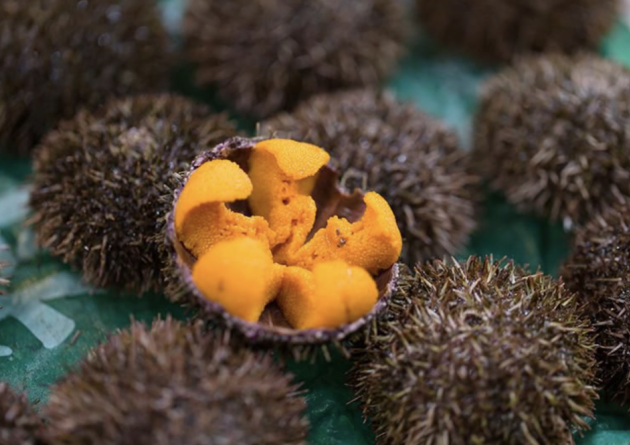Eco-Entrepreneurship Master's Project Directory
In Eco-Entrepreneurship (Eco-E) Projects, teams of 3-5 students collaborate over the course of a year to develop a business model for a new, commercially viable product or service that makes a positive and measurable environmental impact. The Eco-E Project serves as a master’s thesis (14 units) for students in the Master of Environmental Science and Management (MESM) program.
In pursuing an Eco-E Project as your master's thesis, you will develop agile thinking and complex problem solving skills, while your team is challenged to make a series of strategic choices that requires bringing together science, policy, systems thinking and human context. Eco-E Projects receive funding to develop small-scale pilot projects or prototypes to obtain early customer feedback. You'll learn to cultivate a network of advisors, including faculty and industry experts. During the course of the project, you gain experience by regularly presenting your business model to colleagues, advisors, industry experts, and judging panels. You emerge with solid experience managing team dynamics, developing strategies, engaging in outreach and communications, and formally presenting your research and writing reports.

Take a Closer Look: Eco-E Projects
Each year, students submit proposals for new Eco-Entrepreneurship Projects. Past projects have proposed market opportunities that address environmental problems in areas such as: apparel industry waste, affordable housing, aquaculture and mariculture, energy efficiency, water quality monitoring, environmental education, agricultural fertilizers, food waste and preservation, electric vehicle use and charging, affordable photovoltaic energy in developing nations, sustainable eco-tourism, transportation alternatives, sustainable personal care products, and community solar power.
A handful of current and past Eco-E projects are featured here. Explore all Eco-E projects in the project directory.




Timeline
- Fall, Year 1: Students may begin the problem discovery and ideation process in ESM 210 Business and the Environment.
- Winter, Year 1: Students who intend to submit an Eco-E proposal must enroll in ESM 256B Value Proposition Design for New Environmental Ventures. New proposals for Eco-E Projects are submitted by students. A committee of students, faculty, and staff selects appropriate projects.
- Spring, Year 1: Students join project teams, build a committee of advisors, draft a project management plan, gather data, complete an environmental problem literature review, develop a business model canvas, and present their lessons learned.
- Fall, Year 2: Students complete an environmental impact literature review, develop a prototype concept, write an outline of their final paper, and present their business model to the Eco-E Advisory Council.
- Winter, Year 2: Students present their work for review by faculty, enter new venture competitions, and complete their final report and other deliverables.
- Spring, Year 2: Students produce an executive summary, present their findings to the public, and enter new venture competitions.

Are you ready to solve environmental problems?
Request more information, get to know the Bren School, and start planning your application today.